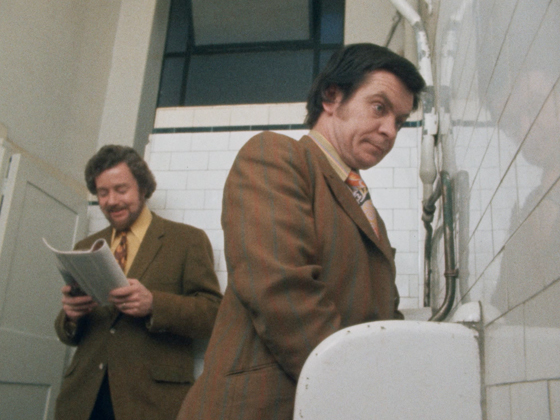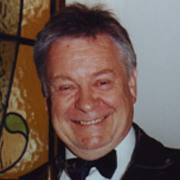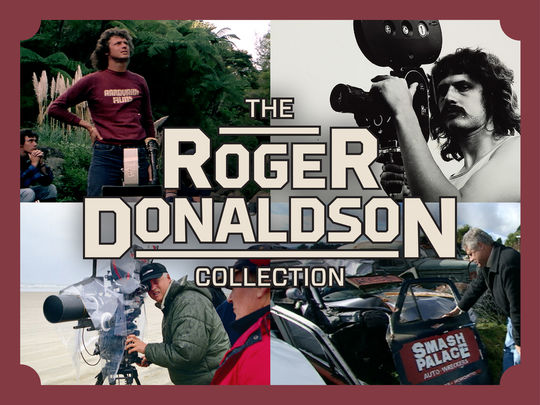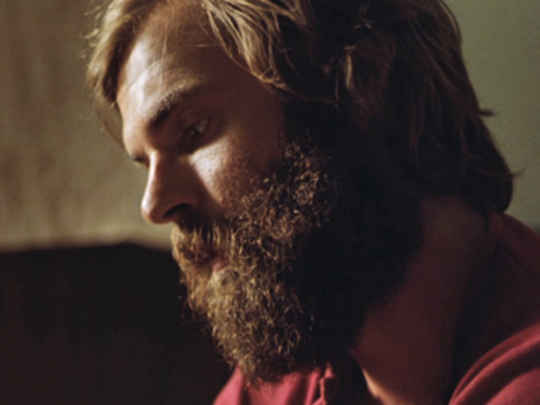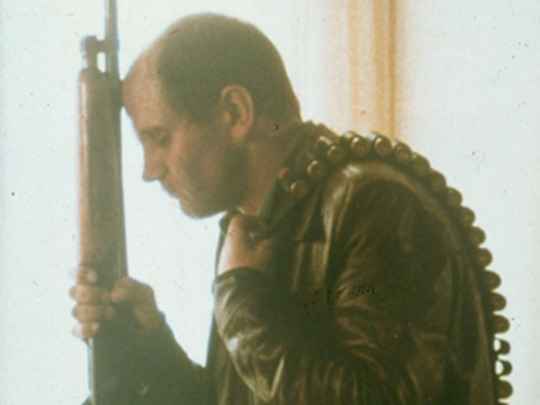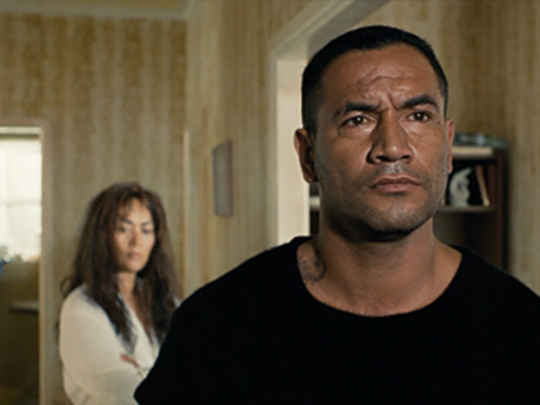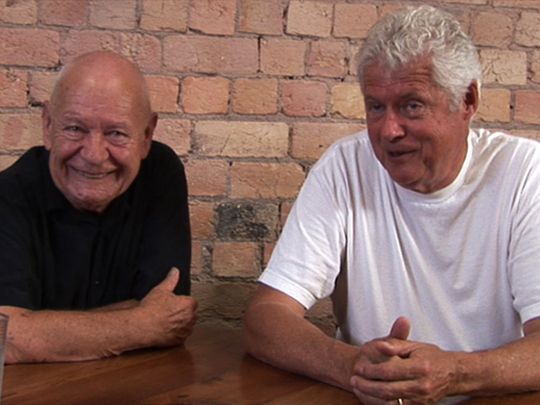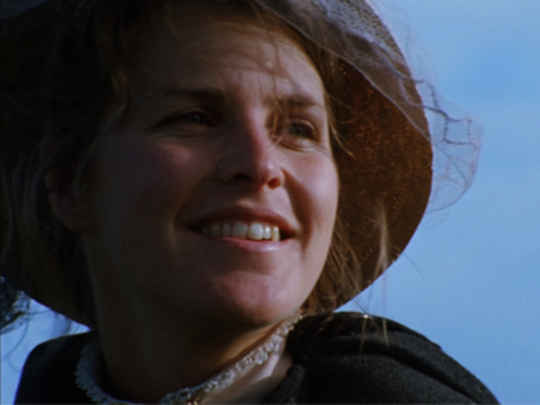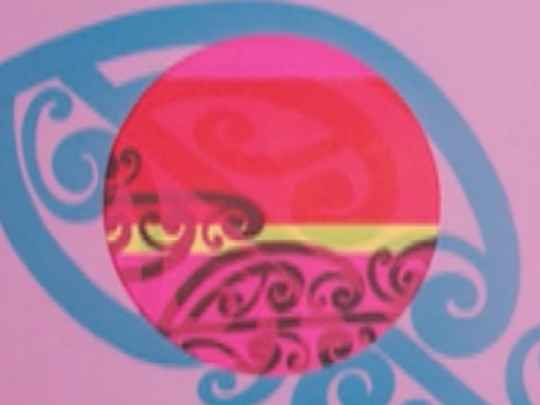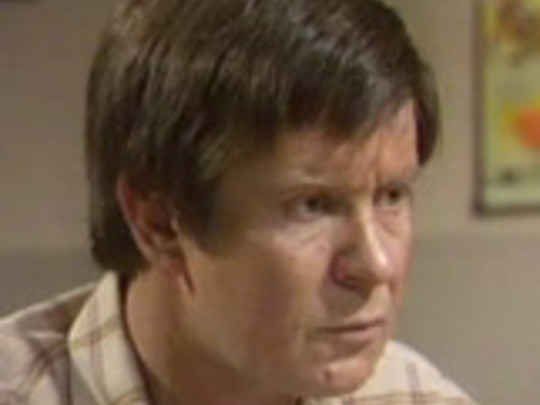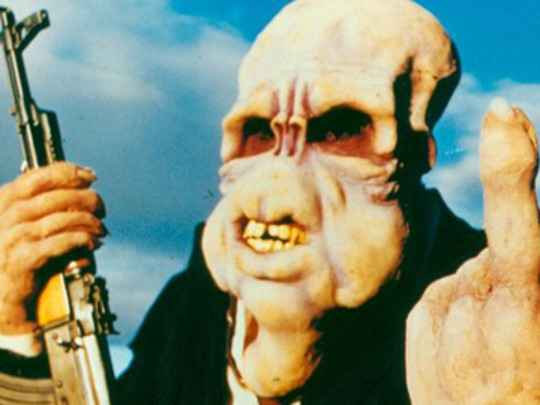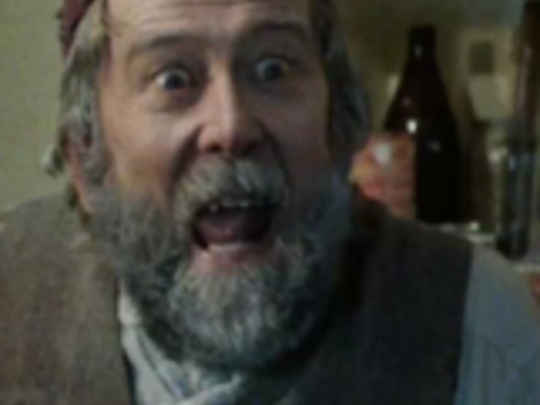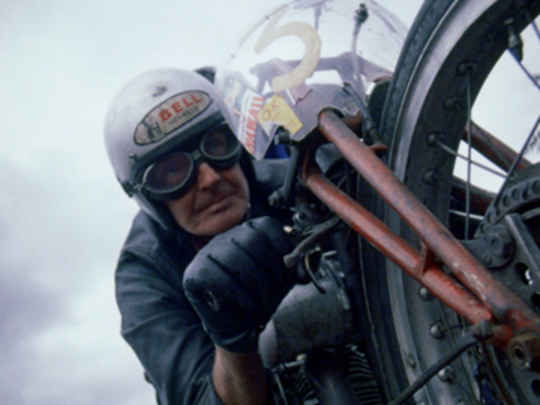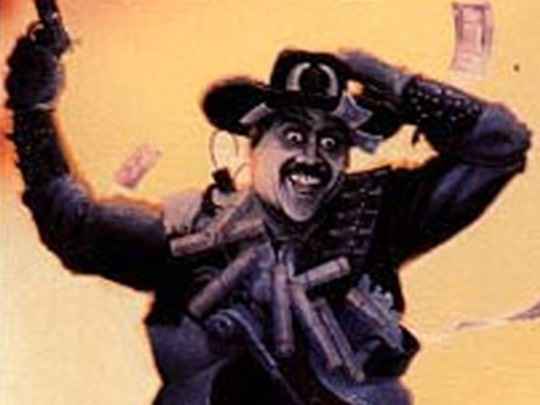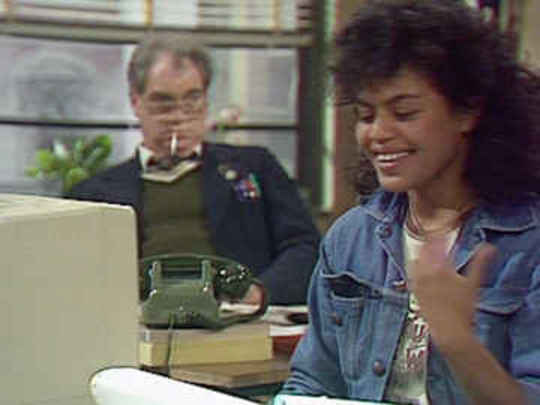Ever Increasing Dismay
Forty-five odd years ago if you wanted to make a Kiwi movie you were nuts. Okay then, maybe television instead? Unfortunately you could only make a TV drama if you were employed by state television, or the National Film Unit. Outsiders like Geoff Murphy had managed to made Tank Busters off his own bat, and John Barnett did The Games Affair series in 1974. But for Roger Donaldson and myself, there seemed to be no way open. So we resorted to Roger’s old maxim “If you want it done properly, do it yourself.”
I was in the middle of a self-inflicted crisis, holed up in an old villa on New North Road with no furniture, and a mantlepiece decorated with a jar of Marmite, a bottle of milk separated into a glob of white on top and clear water beneath, and a scrunched up pair of underpants. I was feeling sorry for myself, and Roger was being sympathetic. But our friend David Mitchell thought it was a hell of a joke. Out of that, the three of us decided to make a series of sketches about a guy going through what we grandiosely called a “midlife crisis.” (We were all turning 30!) Rog would borrow a camera and some lights, and we and anyone else who wanted to come on board would work for nothing.
State TV agreed to screen our little independent film. They insisted on cutting and a shot of Derek from behind, stepping on the scales, then removing his jockstrap to lose a few ounces.
Here’s some of the letters to the editor that Derek inspired:
— "I watched with ever-increasing dismay, a piece of garbage called Derek … We are all aware of office parties and the cavortings and antics of drunks... But dear God, who wants to commit such stuff to film?"
— "I have been wondering since I saw it what merit the film had. I cannot use polite language to describe the nausea it gave me ... the film was dirty, uncouth and sordid, and a complete bore."
— "What sort of a depraved mind could think up such dirty rubbish as Derek... Youngsters watching this filth cannot help but be tainted."
— "I have just seen the most senseless, meaningless play that it has been my lot to see, Derek … A mixed up 'nut' muttering rubbish to himself, indulging in fantasies, going to bed with a woman other than his wife and finally passing out 'stoned' on some steps."
The reviewers were kinder. One (Irvine Yardley) called it "a poem of escapism", "so close to the bone it hurt". Another (Sue McCauley) found it "a sympathetic and intelligent look at ourselves", that deserved acclaim. The Listener's Dick Campion weighed in with:
"As a study in modern-day morality — a man emasculated by the office machine and empty of spirit, Derek was a Kiwi Waste Land. Ian Mune is really something. Has anybody else his ability to project the New Zealand common man? The face is ugly, the voice grates, he sings abominably. Yet you watch him like you watch a time bomb."
Of course, everyone talks about the face they see on-screen. But both kudos and brickbats belong equally to all involved.
The guts of all this is that the old protesters, hippies and varsity types of the 60s were now in positions of influence — and they thought Derek was terrific!
Roger and I went on to make The Woman at the Store, which picked up Feltex Awards for Best Drama, Script and Actress (Ilona Rodgers). Then we launched into six more films based on Kiwi short stories: Winners & Losers. I went to Wellington to act in the Moynihan series, and Rog found a book he wanted to make a movie from. By the end of 1977 we had Sleeping Dogs.
For Ian Mune's account of making and selling Winners & Losers, continue reading here.
- Ian Mune is a storyteller who has been known to act, write and direct. He helmed Came a Hot Friday and the movie version of The End of the Golden Weather.
Back to top
A perspective
If there’s a spark to the flame that lit the rocket of New Zealand film in the 1970s, then this little film probably has the best claim to being it. Derek hit me like a round from a howitzer when I first saw it; it was naughty, subversive, and funny. To a kid just starting to get his head around the distant possibility of maybe making movies myself one day, it offered a glimpse of what might be possible.
Derek marks the first collaboration between Roger Donaldson and Ian Mune. Donaldson was already a successful photographer, who had begun dabbling with documentary and advertising films. Mune was a leading light in local theatre, and keen to develop his dramatic voice in a new medium.
They were committed (Donaldson reputedly sunk his life-savings — $200 — into the production), and hit the ground running in Derek. Right from the opening it's brimful of attitude.
A sleazy looking Mune starts his morning routine to the incongruous accompaniment of the Karelia Suite by Jean Sibelius (the music used in This Is New Zealand). Donaldson and Mune were pointedly sticking two fingers up to the 'system', as if to proclaim "this is New Zealand too".
Some years back, we would have called Derek grunge. Back when it was made, the term kitchen sink was more popular. Either way, it's as unmisty a view of suburban life in New Zealand as has ever been produced. But there's no Ken Loach-style handwringing over the lot of the downtrodden masses here. Derek is downbeat, but it's also colloquial, rude, and rather funny. And not just because Mune gets his jockstrap off and shows his ass.
The main character's running monologue energises the footage captured fly-on-the-wall style. The device of internal commentary works for the film because it runs in counterpoint to what we see. The more boastful and extravagant Derek's thoughts become, the more he is undercut by the evidence on-screen.
There's a wonderful sequence featuring Mune jogging. As he runs past a phone box he has soft-core fantasies about a breast-baring woman inside, spurred on by delusions of his virility. Shortly afterwards he's pursued (and humbled) by a dog and two small kids on bikes, in a scene which feels completely spontaneous.
It's important to remember that at this point in New Zealand television history there had been virtually no independent drama made. As a front-runner, Derek provoked equal portions of public outrage and pleasure when it was screened. The nudity and anti-social behaviour was decried by moralists such as Patricia Bartlett. New Zealand's contemporary censorship regime was notoriously conservative, and the letters to the editor pages seethed:
"I have been wondering since I saw it what merit the film had. I cannot use polite language to describe the nausea it gave me ... The film was dirty, uncouth and sordid, and a complete bore."
"There's something very radically wrong somewhere. Paying TV licence money to look at such filth is not funny: it's an insult to intelligence and common decency."
But this was also the 1970s, and more liberated viewers hailed the film's bravery in "telling it like it is". One called it "the most exhilarating play to hit the small screen for a long time", and both letter writers and critics praised Mune's performance. In 1975 he won a Feltex Award for his work.
As Mune mused a decade later: "Derek was a big loud yell that there's somebody in the country who's going to do it differently. That's what we intended."
The only thing that has dated is a certain low-grade sexism. Stylistically, it feels as fresh as anything around today.
Despite the controversy, the nabobs of New Zealand television obviously decided these young turks were worth another go, as Donaldson and Mune were able to get Winners & Losers, a series of half-hour dramas, commissioned. Each project marked a step closer to their ultimate goal, which was to make a feature. The momentum started with Derek led to Sleeping Dogs in 1977, the breakthrough New Zealand feature film (directed by Donaldson, and starring Mune and Sam Neill). The rest is history.
- Costa Botes is a New Zealand filmmaker and critic.
Back to top
